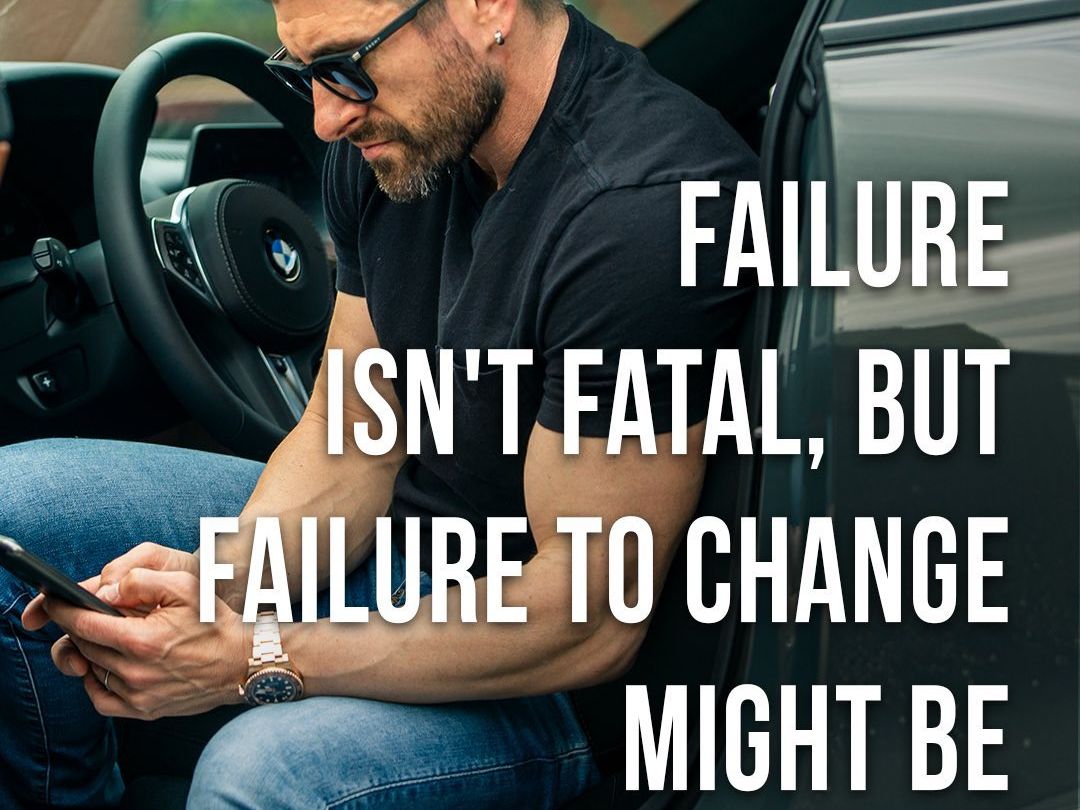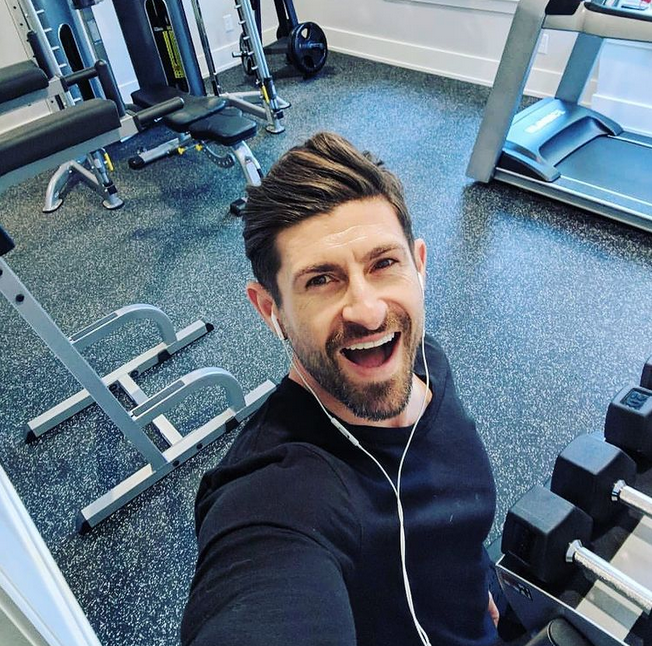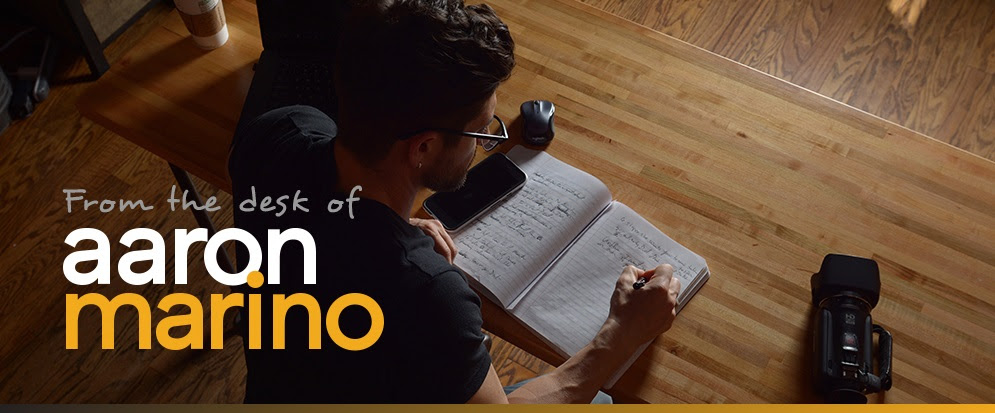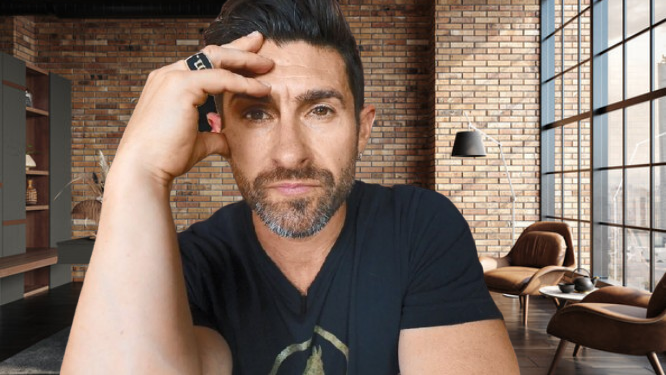Achieving truly extraordinary goals, whether personal or professional, involves taking risks. Be willing to step outside your comfort zone and distinguish yourself from the crowd with your choices, the projects you undertake, and the dreams you chase. Otherwise, you may find yourself accomplishing very little.
Early in life, I thought success was about taking massive, bold risks—the go big or go home mentality. But over time, I realized that success with risk-taking is less about taking risks and more about understanding them. Calculated risks are where the magic happens.

Don’t blindly invest in an idea or desire everything you have. Take the time to understand what you’re about to dive into, including the potential downsides, and develop a backup plan if things don’t work out. The most successful moves were a blend of guts and strategy.
Every decision must be a blend of guts and strategy. When you find that balance, you can take on challenges confidently without feeling like you’re gambling with your future. And remember, there’s no shame in pacing yourself. Slow progress is still progress. When you take your time to build knowledge and a strategy, even the smaller wins can build momentum and lead to lasting success.
The whole ‘take huge risks to make it’ mantra sounds glamorous, but it’s often just a cover for not having a solid plan. Those ‘romantic’ risks are usually way less rewarding than those thought through. Sometimes, the best moves look boring on the outside but make all the difference in the long run.

Many preach that bold moves are the only way to grow. Still, I ascribe to the philosophy that it’s all about calculated risks: knowing when to pull back, preparing for different outcomes, and turning a ‘big leap’ into a smart move with preparation and planning. Progress with a solid plan is more rewarding than gambling everything on a whim. What’s essential is learning to pivot quickly when something isn’t working instead of holding onto it out of pride.
Without discipline, taking risks is pointless. Most dreams and projects only come to fruition when we persist with the same idea for a long time. Also, investments are calculated risks. Everyone has their own acceptable risk level, whether conservative or otherwise. There are no guarantees, so every investment is a calculated risk.
Consider the input into taking the risk – how much money, time, energy, and effort is involved? How much does a successful outcome depend on things outside of my control? How much does luck play a factor? And how do I turn the odds in my favor? Also, what you’re risking depends on where you are in life. For example, teens or those in their early twenties can take more considerable risks due to having less to lose and less experience to be calculative. As we age, the risk appetite diminishes while the capability to calculate risks increases.

Contemplate the long-lasting benefits a successful outcome might bring. At the same time, think of what downsides might result from things not lining up as desired or planned. Overthinking can be such a roadblock. One thing that’s helped me is setting a strict deadline and forcing myself to stick with it.
Instead of aiming for ‘perfect,’ I try to hit ‘good enough’ and refine it later. Breaking down big tasks into smaller, manageable steps can keep you from getting stuck in endless planning. It’s all about building momentum and trusting that improvements will come over time.
Try to be prepared before every move and be brave enough to take a chance when there’s a risk. Understand that preparation and research can minimize risk. I once dove into a project without fully understanding the market or competition, thinking I could figure it out as I went. It ended up being a tough and expensive way to learn. Now, I focus on gathering as much information as possible, making a roadmap, and testing on a small scale before committing more resources.

The key lies in finding the balance between planning and bold moves. Don’t spend too much time planning and never take action—it’s a blend of guts and strategy. Be ready to take risks, but they can’t be blind. If you use data to guide your decisions and keep getting 1% better every day, success is closer daily.
No matter how much you prepare or think you know, no amount of planning or preparation will ensure that you’re successful. Take action by taking that first step to move forward. You should take one step closer to that goal or dream every day. String all these together, and you’ll be amazed at how far you’ve advanced. Small steps are essential because you’ll eventually get there.













